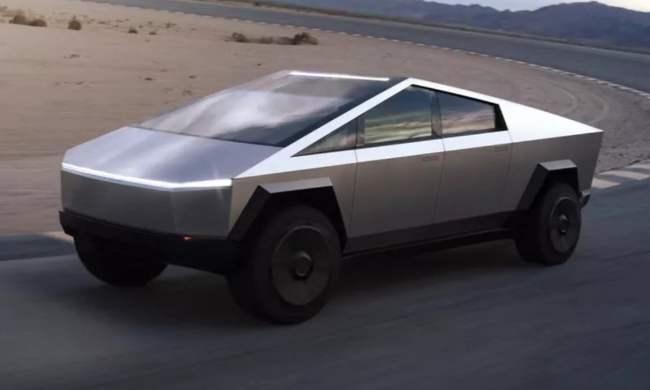The cost of a used Tesla is starting to fall, new data shows.
Up until fairly recently, it seemed that customers were happy to pay more for a used Tesla than a new one to avoid having to spend months on a waitlist. The buoyant market also proved lucrative for current owners who found they could make a few bucks by selling their Tesla electric vehicle (EV). But that opportunity now looks to be disappearing fast.
Data shared by Reuters on Tuesday suggests that prices for used Teslas are falling at a more rapid rate than vehicles from other automakers.
It shows that the average price for a used Tesla last month was $55,754, down from $67,297 in July, marking a 17% drop. That compares with a 4% fall in the overall used-car market in the same period.
In addition, used Teslas remained with dealers for 50 days on average in November, while for all used cars the period was 38 days, according to research firm Edmunds.
Reuters’ report notes how factors such as rising fuel prices helped to boost sales of Tesla’s range of EVs, while the trade-in customers buying new ones to sell on also had an effect. The report cites one guy who purchased a new Model Y in 2021 for $49,000 before selling it just three months later for $61,000.
But more recently, demand has dropped for Teslas as fuel prices ease and the automaker faces increased competition in the EV market. Rising interest rates and fears of a possible recession are also prompting people to think twice about proceeding with big purchases.
News of Tesla’s falling used-car prices comes as at a challenging time for the company’s stock value, which fell by 9% on Tuesday alone, and by 70% since the start of the year. Reasons include concern over global economic stability, increasing competition in the EV industry, and reports this week that Tesla’s plant in Shanghai, China, is suspending production during part of January. Some investors are also concerned that Tesla chief Elon Musk has been too distracted since taking the reins at Twitter, though he has promised to hand the role to someone else. Other EV makers have also seen their stock value fall recently.


